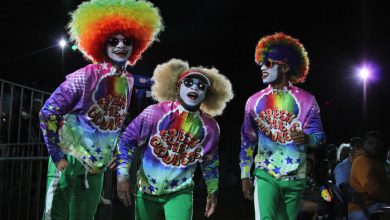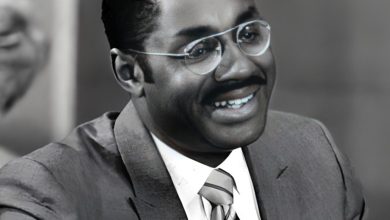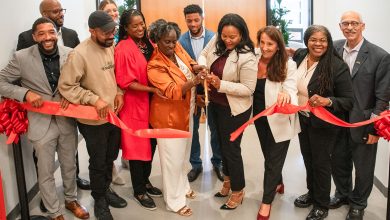East Bay Leaders Launch Regional Public Safety Partnership

By Magaly Muñoz
Oakland Mayor Sheng Thao met with a group of concerned Bay Area residents at Manny’s, a civic event space in San Francisco, to discuss the most pressing issues in Oakland.
Manny’s, located on the corner of 16th and Valencia streets in the heart of San Francisco, regularly hosts town halls featuring community leaders and elected officials. Recently, it hosted a series of discussions with mayors in the region about how they’re addressing their city’s challenges.
The issue that most people in the room wanted Thao to immediately address is one she’s had to answer for the majority of time she’s been in office: public safety and crime.
Thao refuted the notion that crime had surged suddenly after her election. Instead, she pointed out that crime had seen a steady incline for years, particularly after 2019.
“I want to be very clear that crime has been on an increase way before I got into the mayor’s office,” Thao said.
She referenced the six-year period from 2012 to 2018 where violent crimes had dipped after the creation of the ‘Ceasefire’ program that targeted gun violence. The program was credited with a 42% decrease in homicides during that time, but slowly began to lose its effectiveness in 2019.
In response, Thao requested an audit of the program, which included new recommendations for maximum effectiveness, and now ‘Ceasefire’ has been revived by the city, with possible budget support from Oakland City Council.
Thao further explained that a lot of work and money have been invested in helping reduce crime, including funding six police academies, installing new tech around the city and the recent partnership with Gov. Gavin Newsom to dispatch 120 CHP officers in the East Bay to combat organized crime.
In response to queries about the absence of a police chief for the Oakland Police Department (OPD) and former chief LeRonne Armstrong’s lawsuit against her, she said, “that’s active litigation and I can’t comment on that.” However, she made it clear that she would not consider reinstating Armstrong to his previous role.
With reports of downtown resembling a ghost town due to the departure of many businesses in the last few years, Thao countered that nightlife in Oakland is actually growing, with an addition of 15 new bars that have opened over the past two years.
She blames the media for only reporting on the bad things happening in the city and creating a false narrative for those who don’t venture into downtown at night.
Despite Thao’s claims of booming nightlife, small businesses in Oakland have expressed their frustration with how crime has been handled in the business corridors. Last fall, this dissatisfaction culminated with a one-day strike over public safety in the city.
Business owners were reportedly disappointed with OPD’s apparent inaction in responding to retail crime right before their eyes, giving them little hope that city officials want them to succeed.
Thao explained that OPD has a ‘No Chase’ policy, meaning they have been instructed to not pursue suspects at the time of a crime because a chase would result in putting more of the public at risk of getting hurt in the crossfire.
In addition to crime, Thao stated that the homelessness crisis is also a top priority in her office. She shared that $200 million has already gone toward building affordable housing and that 50% of the built units will be for the formerly unhoused.
According to recent counts, there are over 5,000 people experiencing homelessness in Oakland, making up half of the unhoused population in all of Alameda County.
Thao’s chief of staff, Leigh Hanson, confirmed that there were “thousands of approved units” already in motion to be built for the administration’s housing initiative.
Thao shared that one of her goals is for cities in the surrounding Bay Area, like San Francisco, to come together and collaborate on issues they’re all experiencing. She wants to create a regional task force center for public safety so that cities can access each other’s resources to handle mutual concerns like crime and homelessness.
“We need each other … It’s not just one person called ‘The Mayor’ that is going to come up with all the solutions,” Thao said.





